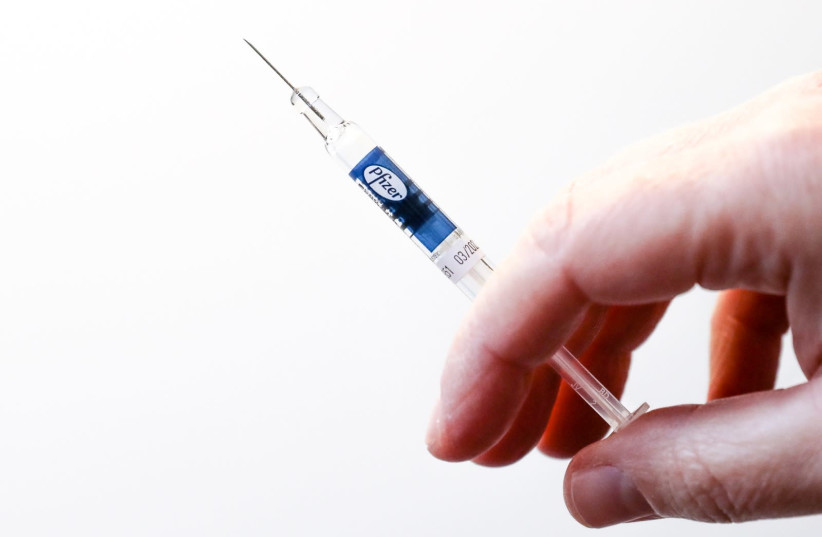How much you sleep can impact a vaccine's effectiveness, with less than six hours of sleep per night being linked with a decreased antibody response, according to a new study.
The findings of this study were published in the peer-reviewed academic journal Current Biology.
The multi-institution study sheds light on the link between sleep duration and antibody response.
Vaccines and sleep: How are they linked?
Sleep is one of the most essential biological processes. The various far-reaching ramifications sleep can have on nearly every aspect of one's life – from physical and mental health to biological and cognitive functions – cannot be understated.
But what about antibody responses?

It has long been observed that a lack of sleep can lead to a weaker immune response. Could it also lead to weaker vaccine effectiveness?
Considering how essential vaccines are at curbing global diseases, ranging from mpox (formerly monkeypox) and COVID-19 to the flu, hepatitis and polio.
But sleep rates aren't always good across the board, and likewise, no vaccine has 100% effectiveness.
Is there a connection? How can we know?
To figure this out, scientists conducted a meta-analysis on data regarding sleep and antibody responses from flu and hepatitis vaccines.
What it found was that yes, poor sleep and poor antibody responses may in fact be linked.
A healthy adult should get around seven to nine hours of sleep each night. But sleeping less than six hours a night around vaccine time and the antibody response will decrease.
It should be noted that the study strictly covered the flu vaccine and hepatitis vaccine. Necessary data for COVID wasn't available.
But what researchers did note regarding COVID is that they could compare the poor antibody response of sleep-deprived vaccination to the decreased antibody response in Pfizer and Moderna COVID vaccines two months after the first shot.
However, there is still a hole in the study, and that hole is sex.
On average, vaccines respond better in women than in men. The study seemed to indicate that male sleep patterns are linked to vaccine response, but because of hormonal differences, it's unclear if this is the same for women. More researchers will be needed.
Another question that arises from this study is if vaccine effectiveness is linked to sleep duration, then how much sleep should someone get for the best vaccine response?
More research is needed to answer these questions. So for now, let's sleep on it.
